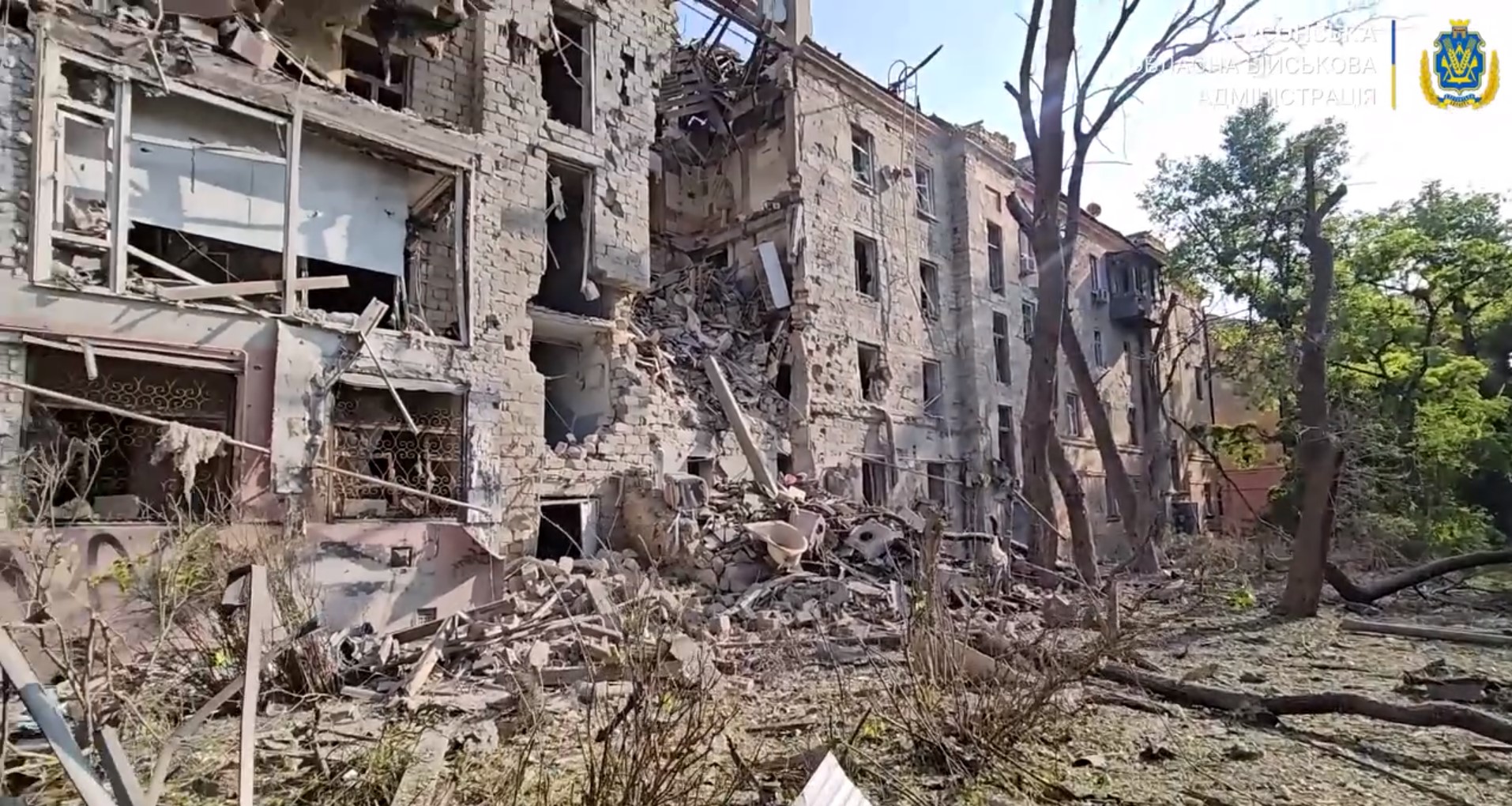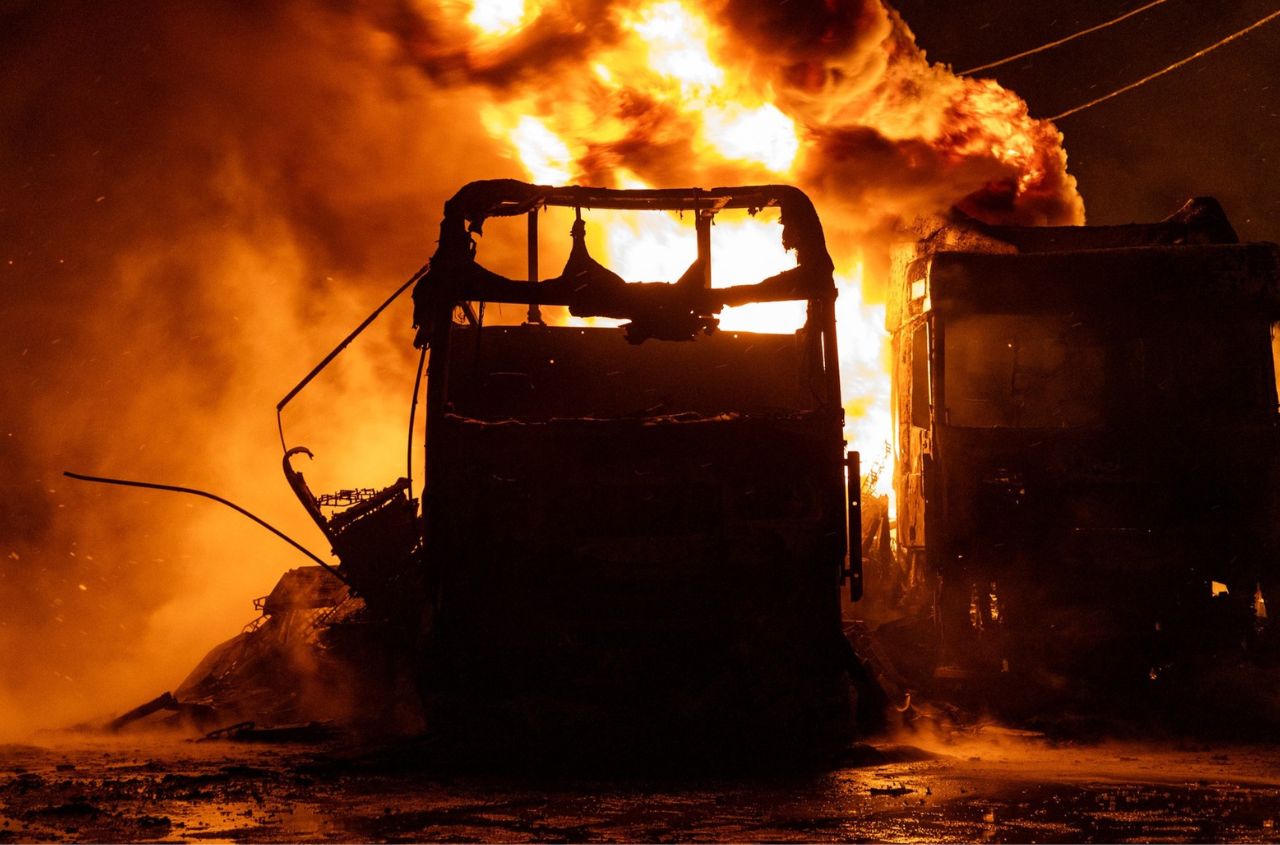How much demolition waste has already accumulated in Ukraine, what to do with it, and how international partners can help — these questions were discussed by Ukraine’s Minister of Environmental Protection and Natural Resources, Svitlana Hrynchuk, during EU Green Week in a public discussion organized by the Ministry of Environmental Protection and Natural Resources of Ukraine, the Resource and Analysis Center “Society and Environment,” and the European Environmental Bureau (EEB), with support from the Heinrich Böll Foundation.
On her Facebook page, Svitlana Hrynchuk shared the main points of the discussion:
Currently, the volume of demolition waste in Ukraine already exceeds 6 million tons. The largest amounts are in the frontline regions: Kharkiv, Kherson, Mykolaiv, Dnipropetrovsk, and Zaporizhzhia regions.
According to World Bank estimates, direct damage in Ukraine due to Russian armed aggression has reached $176 billion USD. The most affected sectors are housing, transport, energy, trade, industry, and education. 13% of housing stock is damaged or destroyed — that is 2.5 million households. Some cities are destroyed up to 90%. Ukraine has the largest volume of demolition waste in Europe since World War II.
Ukraine is seeking unique innovative solutions. For example, in cooperation with UNDP Ukraine, a special facility for crushing such waste for reuse in reconstruction has already been implemented. Since 2022, UNDP has launched one of the most complex and ambitious demolition waste management programs — nearly 600,000 tons of such waste have been cleared in six regions. In Mykolaiv, communities have started recycling — debris is taken to special hubs organized by UNDP and JICA (Japan International Cooperation Agency) and used for road construction. In Bucha, from over 80,000 tons of demolition waste, 30% was used for road repairs.
Of course, Ukraine needs help. According to the Ministry of Communities and Territories Development of Ukraine, frontline regions — Dnipropetrovsk, Donetsk, Zaporizhzhia, Luhansk, Mykolaiv, Sumy, Kharkiv, Kherson, Chernihiv regions — report a need for over 1,200 units of equipment for demolition waste management. The total cost exceeds $1 billion USD.
Expert support is also important for continuing waste management reform as the foundation for building a circular economy. Because the circular economy is the strategy for rebuilding the country.
“The waste management reform is indeed one of the most expensive and complex reforms. But this is the challenge which, with the support of international and European partners, we can overcome and achieve real success,” emphasized Svitlana Hrynchuk.






















